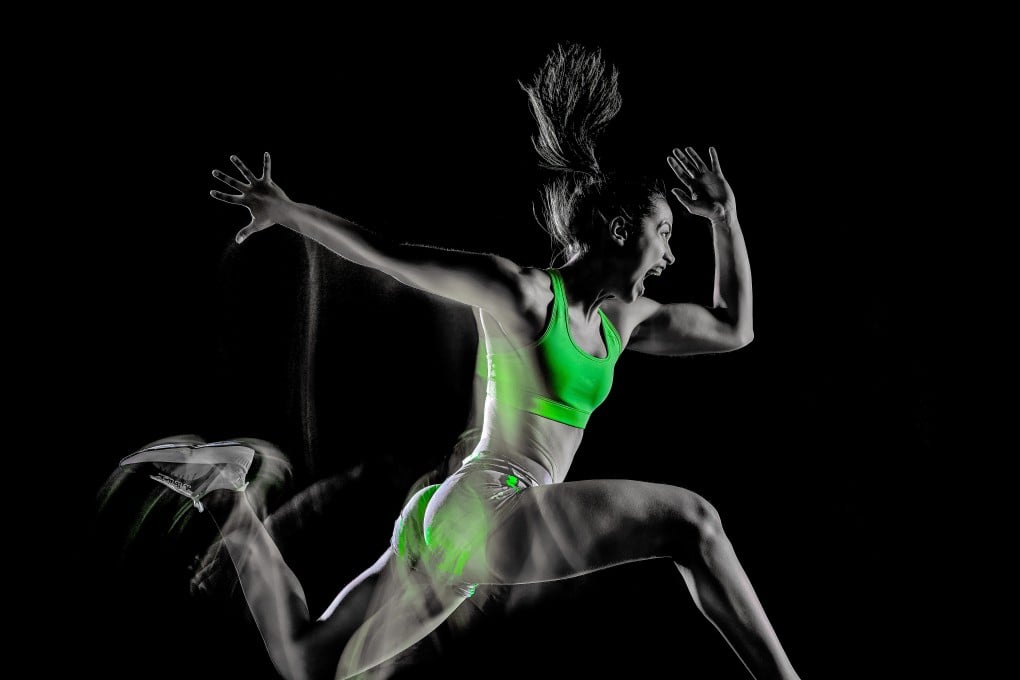Mental health in women’s sports: six athletes open up about their struggles
Body image, the stress of competing, clashes with coaches and the intense scrutiny elite athletes are subjected to on social media, in the press and from the public, can all affect the well-being of players

It is undeniable that in the male-dominated world of sports, female athletes are often sidelined.
Granted, things are better than they once were: the world has come a long way since Billie Jean King challenged loudmouth Bobby Riggs to a “battle of the sexes” tennis match in the early 1970s and wiped the court with him.
Today we see female Olympic teams, professional leagues and all the individual medals, trophies, podiums and photo finishes that go along with them; and we can watch some of the most popular female athletes live-streaming workouts that few of us at home could aspire to.
But as with males, we are often so focused on results that we tend to turn a blind eye to extracurricular struggles.
An elite athlete’s attainment of peak performance comes with heightened risks of developing mental health issues, which can be brought on by the demands of training and competition, injuries and excruciating periods of rehabilitation, and burnouts. And despite the progress towards equality that has been made in sport, issues such as anxiety, depression and eating disorders tend to be associated with women, whose stresses are too often linked less to their sporting prowess than scrutiny of their physical appearance or family life.
Mental health was declared the “No 1 health and safety issue” in collegiate set-ups in the United States back in 2013, and about 48 per cent of collegiate female athletes reported symptoms of depression or anxiety this year, according to advocacy group Voice in Sport.